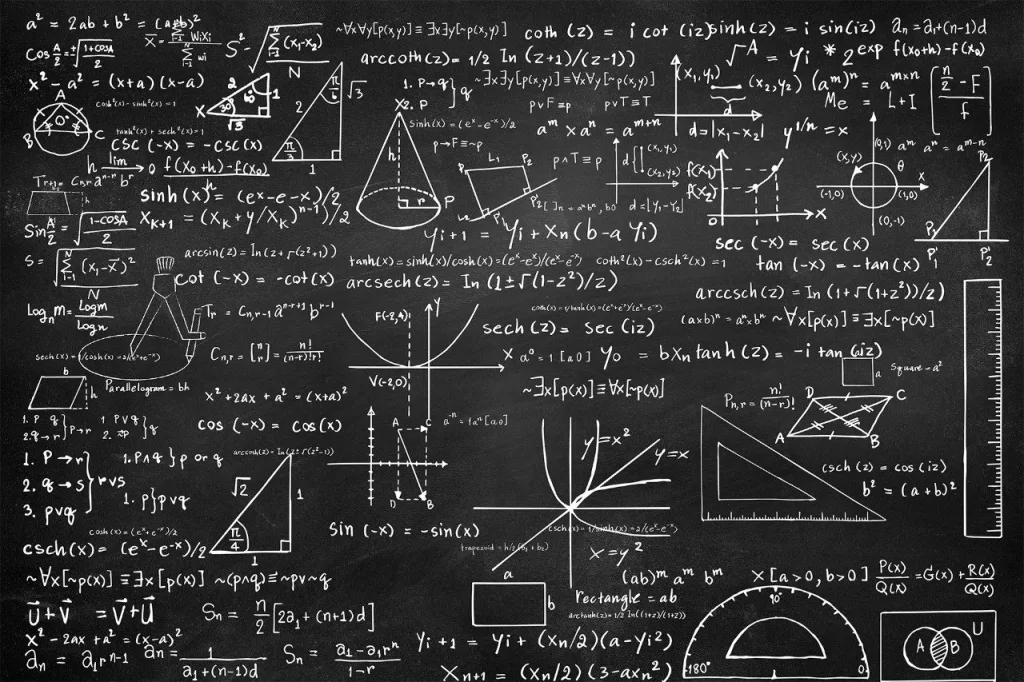
Math is a big part of school. It’s a big part of studying, and a big part of grading. It also happens to be the basis for many jobs, as well as part of the reason for our growing technology.
It’s not a topic, however, that many kids find intriguing. Especially if they find it difficult, it can lead kids to think they’re not “good at it,” when really all they need is time to calm down and catch up on a specific topic, or maybe a mentor who is willing to help go through their every struggle and question. Some kids are the opposite: they feel they can catch up quickly, possibly because they have the resources to help them that other kids might not have. This has led to a split in math: advanced classes and grade level. Grade level might feel like the right choice if you feel like advanced moves quickly, but advanced math classes have benefits too!
 “It’s really cool because you get to jump ahead,” seventh-grade math teacher Kellee Strunk said. “You’re learning math at a higher level, so then when you get to high school, you get the opportunity to take classes like calculus and statistics. It’s good for kids who want to move fast. And then you’re done earlier!”
“It’s really cool because you get to jump ahead,” seventh-grade math teacher Kellee Strunk said. “You’re learning math at a higher level, so then when you get to high school, you get the opportunity to take classes like calculus and statistics. It’s good for kids who want to move fast. And then you’re done earlier!”
Believe it or not, this is true! The sooner you finish your math, the sooner you’ll be free from it. Strunk also added, “It’s good for kids who like to move fast,” emphasizing the quick pace advanced kids move at. Speaking of, does moving quickly affect a student’s ability to focus and comprehend new concepts?
“I haven’t had any issues understanding new concepts,” hyper-accelerated sixth grader Ryland Klepac said. “My current teacher recommends I try to test out of the next math test as well!”
Quick thinking is a helpful skill for several reasons: Taking notes, getting a head start on assignments, and overall just understanding what the teacher is teaching you. Quick thinking doesn’t apply to everyone, however. For some people (including me!), it isn’t a natural skill. Some people tend to have more questions than others, or maybe don’t understand something at the first try. This can make topics seem more challenging to one person, when another student might find it simple.
“The easiest topic for me was probably learning exponential growth and decay, I mean, it’s so simple,” eighth grader Sidney Chambers said.
This is interesting to see from a student’s point of view. According to Chambers, exponential growth and decay seem simple. From a teacher’s perspective, however, things look different.
“I think what I did really good at teaching this year was equations. It was our focus as a seventh-grade advanced team, was to focus on equations, and it’s gotten easier for me to teach. And I feel like equations are super important for us in all the maths, you have to be able to do them,” Strunk said.
These simple topics will be helpful in the long run…even in a few weeks! We have the upcoming STAAR Test on April 29th, so knowing how students are improving even a few weeks before the test is always a good sign.
“Yes,” Klepac said. “I made one hundred percent on the third nine-week assessment and have over a hundred percent in my class. I feel prepared!”